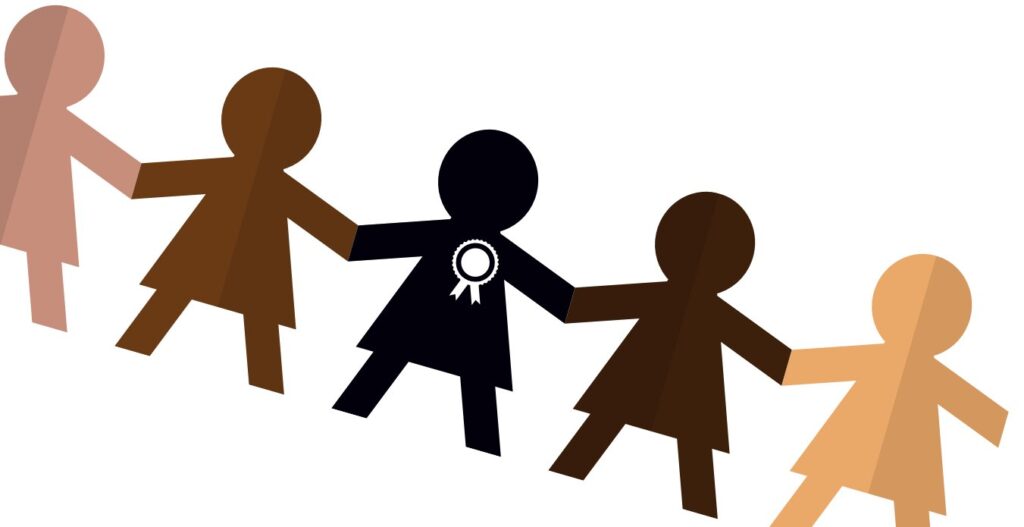Barriers Faced by Muslim Women in Local Politics
A recent report by the Muslim Women’s Network UK highlights significant barriers faced by women from Muslim communities attempting to engage in local political spaces. The report emphasizes the role of certain male ‘community leaders’ who act as deterrents against women’s political participation.
Challenges of Caste and Sectarian Discrimination
The study identifies caste discrimination and sectarian biases as contributing factors that hinder Muslim women from being elected as local councillors and maintaining their positions. These obstacles manifest in various forms, including social pressure from male-dominated networks and even threats of violence aimed at discouraging women from participating in local governance.
Influence of Male ‘Community Leaders’
The report underlines that many male ‘community leaders’ build their stature through connections with religious, cultural, business, and political figures from their regions of origin. This network often perpetuates a patriarchal leadership model, known as biradari, which restricts women’s autonomy not only in political matters but across social and cultural domains as well.
Special Relationship with Political Parties
It points out the close ties these leaders have with the Labour Party, effectively providing the party with a pre-existing voter base, thereby influencing the political landscape. Prior to his election, Prime Minister Keir Starmer reassured ‘Faith Leaders’ about his government’s commitment to fostering strong ties with their communities.
Personal Accounts of Resistance
Saima Afzal, referred to as “Sarah” in the report, shares her experience of running for local councillor with Labour in 1999 after enduring discouragement from local Pakistani leaders claiming that “Islam did not allow” women’s political involvement. Despite facing ongoing pushback, including an aggressive atmosphere once elected in 2018, Afzal voiced her stance against her male colleagues’ attempts to restrict her autonomy, particularly in relation to issues surrounding LGBT+ rights and personal expression.
Persecution for Challenging Norms
Despite her groundbreaking election, Afzal faced a barrage of intimidation and violence, including property damage, as consequences of confronting the prejudices of her peers. Her story reflects the deep-rooted challenges women face in pursuing political representation.
Impact of Community Dynamics
Another participant, known as ‘Ghazala’, recounted how her election in her early twenties was met with hostility from older male councillors. She was explicitly targeted by a male-only mosque congregation, which was instructed to oppose her re-election. Furthermore, her marriage to a white man was misrepresented to undermine her credibility as a Muslim candidate, illustrating how intertwined personal lives and political capital can be in these communities.
Discrimination Among Minority Groups
The report also highlights the story of ‘Jalna’, from the Ahmadiyya Muslim community, who faced systemic obstacles rooted in sectarianism. Discrimination against Ahmadi Muslims significantly limited her political opportunities, as evidenced by her mentor’s bias against her candidacy compared to other applicants.
Additional Barriers
Other participants voiced a shared belief that token representation, termed ‘paper tigresses’, would be prioritized by ‘community leaders’ when selecting female candidates, thereby perpetuating existing limitations on women’s political engagement.
Conclusion and Call for Action
The report not only underscores the marginalization of women from Muslim backgrounds in local politics due to both internal community dynamics and external societal pressures but also raises alarm about the need for greater representation and support for these women. Megan Manson from NSS expressed concern over the embedded patriarchal views within political structures, urging the Labour Party to refine its approach to community engagement without compromising women’s rights and representation.


